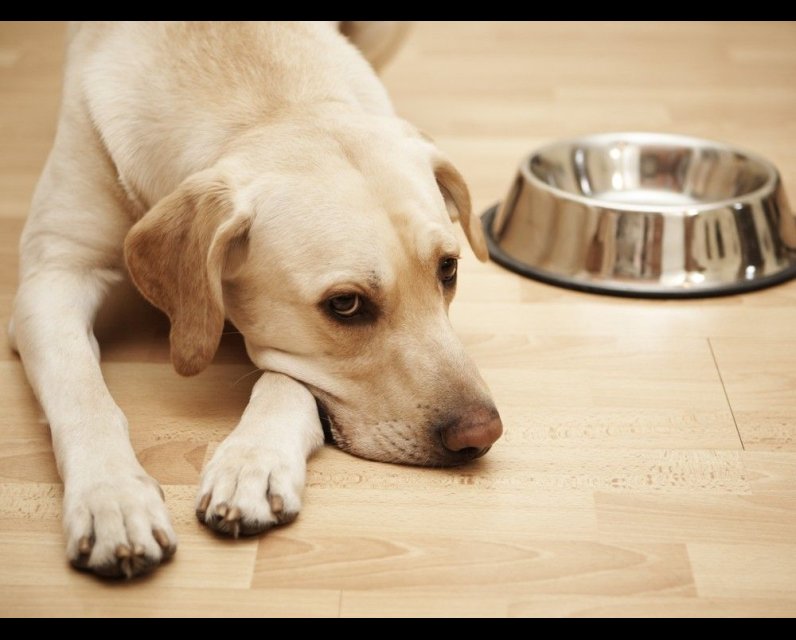Stay informed
People are getting salmonella from dog treats in Canada

Twenty-seven people have been infected in a new salmonella outbreak, according to the Public Health Agency of Canada. Most are in Alberta (13) and B.C. (12). One is in Ontario and another in Northwest Territories.
The most common source of salmonella is contaminated food, but it can also be spread through human and animal contact. The PHAC stated in a public notice issued Monday that in this case the salmonella bacteria was spread through contact with a dog, their food or treats.
Even dogs that don’t show any signs of illness could infect people who are in contact with them, the agency added.
When did this outbreak occur?The PHAC says this outbreak involved people becoming sick between mid-February and mid-August 2025. The age range was less than one up to 87 years of age. Most (59 per cent) were female. Six people were hospitalized. There have been no reported deaths.
Most people said they had handled dog food or treats before they became ill, including kibble, dehydrated and freeze-dried treats.
A single manufacturer of the dog food or treats has not been identified. Therefore, a recall has not been issued.
New infections may still be reported, says the agency. For this outbreak, the illness reporting period ranges between 15 and 101 days.
The PHAC investigation into the outbreak is ongoing.
Could more people be infected?The PHAC notice states it includes laboratory-confirmed cases only. “The actual number of sick people in Canada is likely much higher. Many people have mild symptoms and don’t go to the doctor, so they aren’t tested.”
In general, researchers estimate that for one case of salmonella reported to public health there are 26 more cases that are not reported.
What are the signs of infection?Daunting when it comes to salmonella is that food products contaminated with the bacteria do not usually look, smell, or taste spoiled, according to the Centres for Disease Control .
Symptoms usually start within 6 to 72 hours. They include: chills, fever, nausea, diarrhea, vomiting, stomach cramps and headache. Most symptoms end within 4 to 7 days, says the CFIA.
When should you seek medical care?Anyone who has handled dog food or treats and developed symptoms of salmonella infection should see their doctors and mention the connection. Special tests are necessary to diagnose salmonellosis. Moreover, the symptoms can mimic other illnesses and that could result in misdiagnosis.
Most sufferers recover on their own, says the PHAC. However, some people may develop a more serious reaction that requires hospital care and may have long-lasting health effects and potentially result in death.
People most at risk for serious illness include seniors, young children, pregnant women and people with a compromised immune system.
What should a person do to reduce the risk of this particular infection?- To reduce your risk of becoming ill, recommends the PHAC, always wash your hands thoroughly with soap and water after handling any type of dog food or treat.
- Children should wash their hands thoroughly after touching dogs, their food or treats.
- Wash and sanitize any containers, utensils and surfaces used for dog food or treats before using them again. That includes counter-tops, microwaves and refrigerators.
- Wash dedicated water and food bowls separately from other dishes and utensils.
- Store dog food and treats away from where human food. And follow instructions for food that requires refrigeration.
Our website is the place for the latest breaking news, exclusive scoops, longreads and provocative commentary. Please bookmark nationalpost.com and sign up for our daily newsletter, Posted, here.



Comments
Be the first to comment